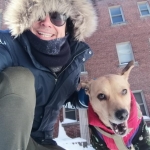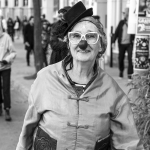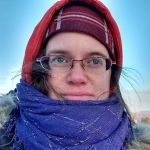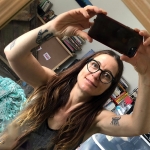Deniz Basar (PhD)
Deniz Başar is a theater researcher, award-winning playwright (in Turkish and English), and a puppetry artist. She is currently continuing her PhD in the Humanities program of Concordia University. She had her MA degree in Boğaziçi University’s Atatürk Institute for Modern Turkish History and graduated in 2014 with her MA thesis titled “Performative Publicness: Alternative Theater in Turkey After 2000s”. She contributed to the books Women and Puppetry: Critical and Historical Investigations (2019) and The Palgrave Handbook of Theatre and Race (2020) with different aspects of her research. Her academic interests cover Middle Eastern contemporary theatre cultures, and puppetry and public sphere theories. Her PhD thesis looks into how contemporary theatre in Türkiye is shaped by the traditional performance forms of Türkiye, specifically the shadow puppetry form known as Karagöz. As of the oral historiograpy aspect of her PhD research, she will conduct in-depth interviews with women puppetteers/puppet makers of Türkiye who have innovated the theatre field of the country through their creative juxtapositions of traditional and international puppetry techniques on modern stages.

















